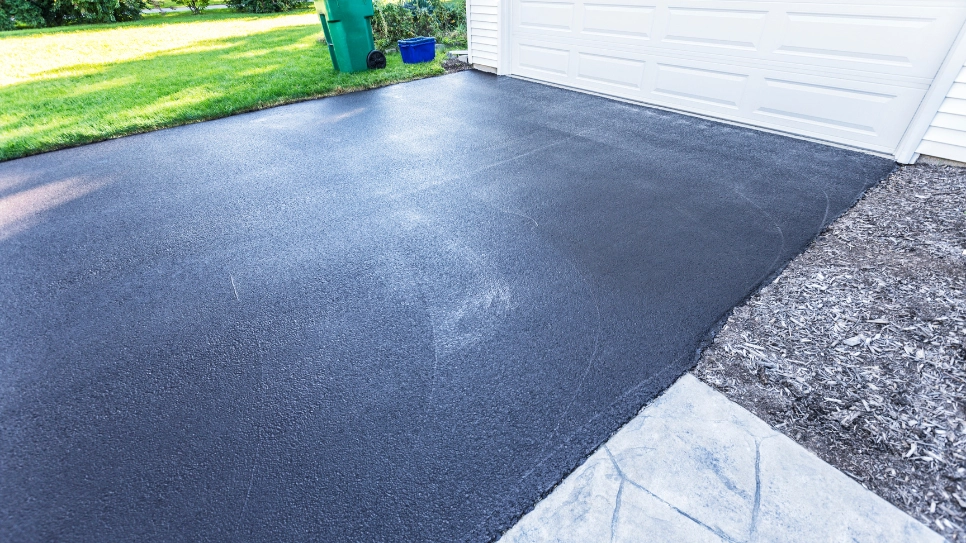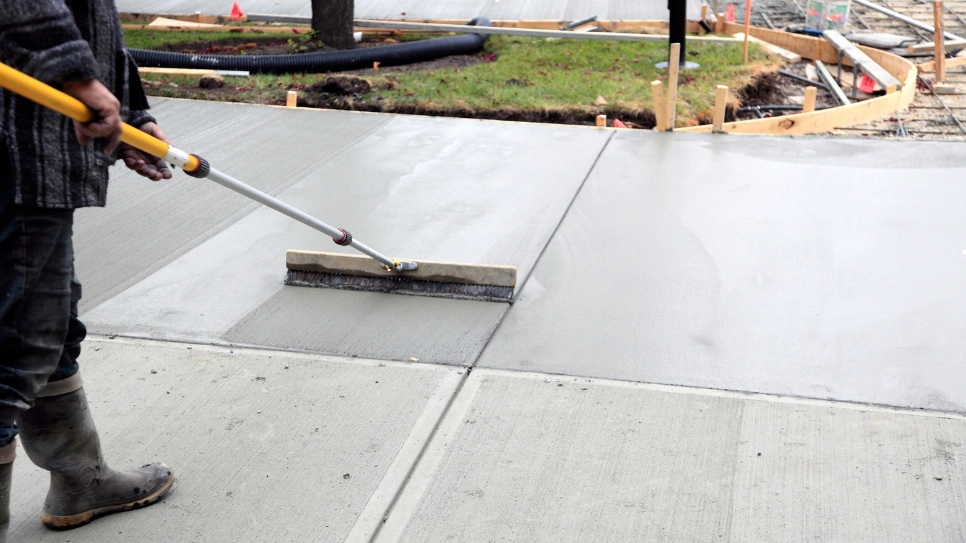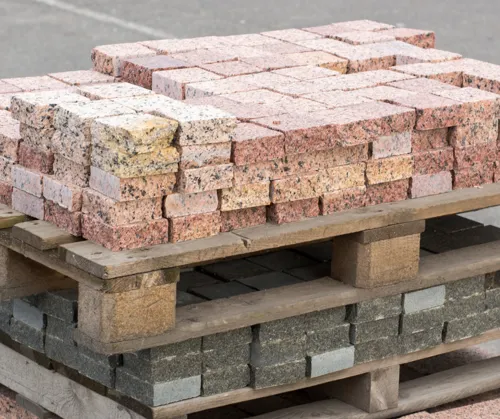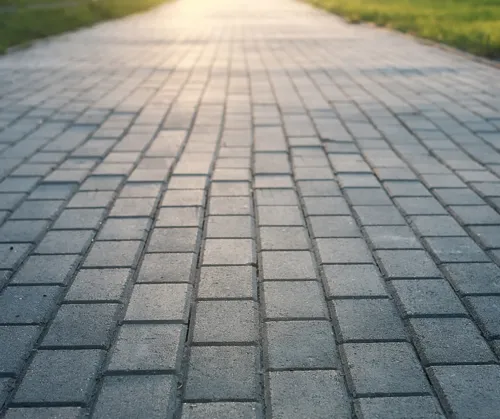When choosing between asphalt and concrete for driveway paving in South Africa, key factors to consider include climate, maintenance needs, and load capacity. Each material has its unique benefits, and understanding these differences will help in selecting the most durable and functional option for your home.
Lifespan comparison
Climate significantly influences the durability of each material. Asphalt performs best in cooler regions, as it’s less likely to crack from freeze-thaw cycles; however, extreme heat can soften it, leading to ruts or indentations that may not make it ideal for high-temperature areas. Concrete holds up well in warmer climates but can crack in frosty conditions if not properly sealed.

More information about the price of paving can be found in our cost guide.
Maintenance needs
Both asphalt and concrete require maintenance to maximize their lifespan. Asphalt benefits from regular sealing every 2–3 years to protect against weathering, and minor cracks are easily fixed. Concrete may also crack over time, especially in colder areas, and while it requires less frequent sealing than asphalt, repairs are generally more challenging.
Installation costs
Installation costs vary, with asphalt generally being less expensive than concrete. Although asphalt has a lower initial cost per square meter, it may require more frequent upkeep over time. Concrete driveways are more costly upfront but offer potential savings over the long run due to their durability.
Although asphalt has a lower initial cost per square meter, it may require more frequent upkeep.
Aesthetic options
While both asphalt and concrete can be customized, concrete offers greater versatility in terms of aesthetics. Asphalt typically comes in black or dark grey, whereas concrete can be stamped, stained, or textured to resemble materials like stone or brick, providing a wider range of color options and design flexibility.
Environmental considerations
Environmental impact is another factor to consider. Asphalt is recyclable, with old asphalt often reused, reducing waste, whereas concrete also has recycling potential but a larger carbon footprint due to cement production. In terms of eco-friendliness, asphalt has a slight advantage due to its recyclability and lower energy use.

Load capacity
Heavy traffic or large vehicles can affect the performance of both materials. Asphalt’s flexibility allows it to handle heavy loads without cracking, making it ideal for driveways with frequent vehicle traffic. Concrete, though strong, is more rigid and may require reinforcement to prevent cracking under significant weight.
Asphalt and concrete each offer distinct benefits for driveway durability. Asphalt is a cost-effective, flexible choice that suits cooler climates and high-traffic driveways, while concrete offers longer life, more customization options, and performs well in warmer regions. Ultimately, the right choice will depend on specific needs, local climate, and budget.
Request a quote for paving on Procompare to choose the best material for your driveway today!


